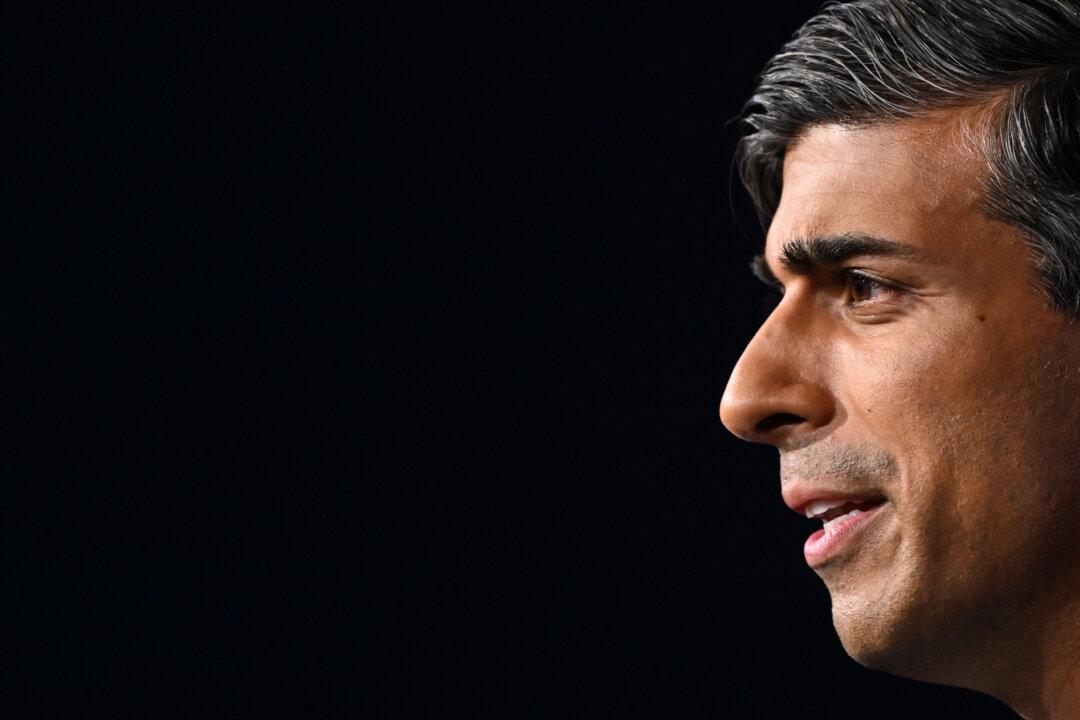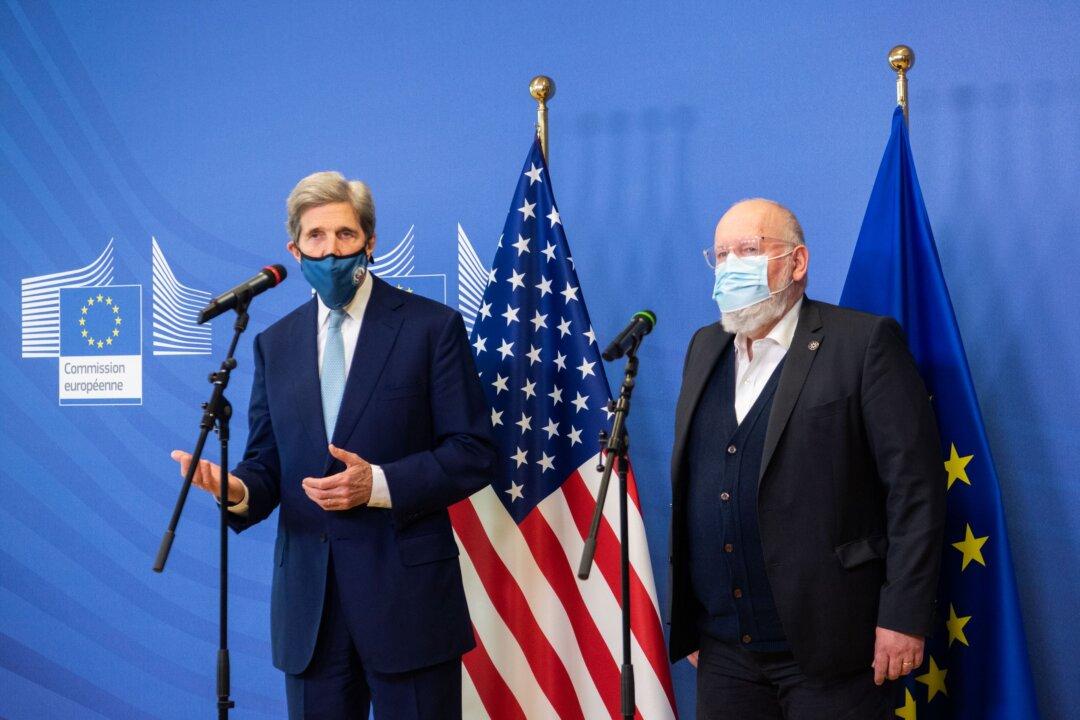Commentary
During the 2019 shareholder season, Justin Danhof, general counsel for the National Center for Public Policy Research, tabled a shareholder proposal at Amazon’s annual meeting. “Diversity in board composition is best achieved though highly qualified candidates with a wide range of skills, experience, beliefs, and board independence from management,” it read. Uncontroversial, one might think, but Danhof was booed and heckled throughout his presentation. Afterward, a representative for Arjuna Capital (which “works with high net-worth individuals,” its website says) told Danhof that he was simply trying “to protect white males.” A representative of the Nathan Cummings Foundation (with $424 million of cash and investments, on its most recent balance sheet) made clear that Danhof was unwelcome and should hasten, lest he be late for his next Klan meeting or book burning.





